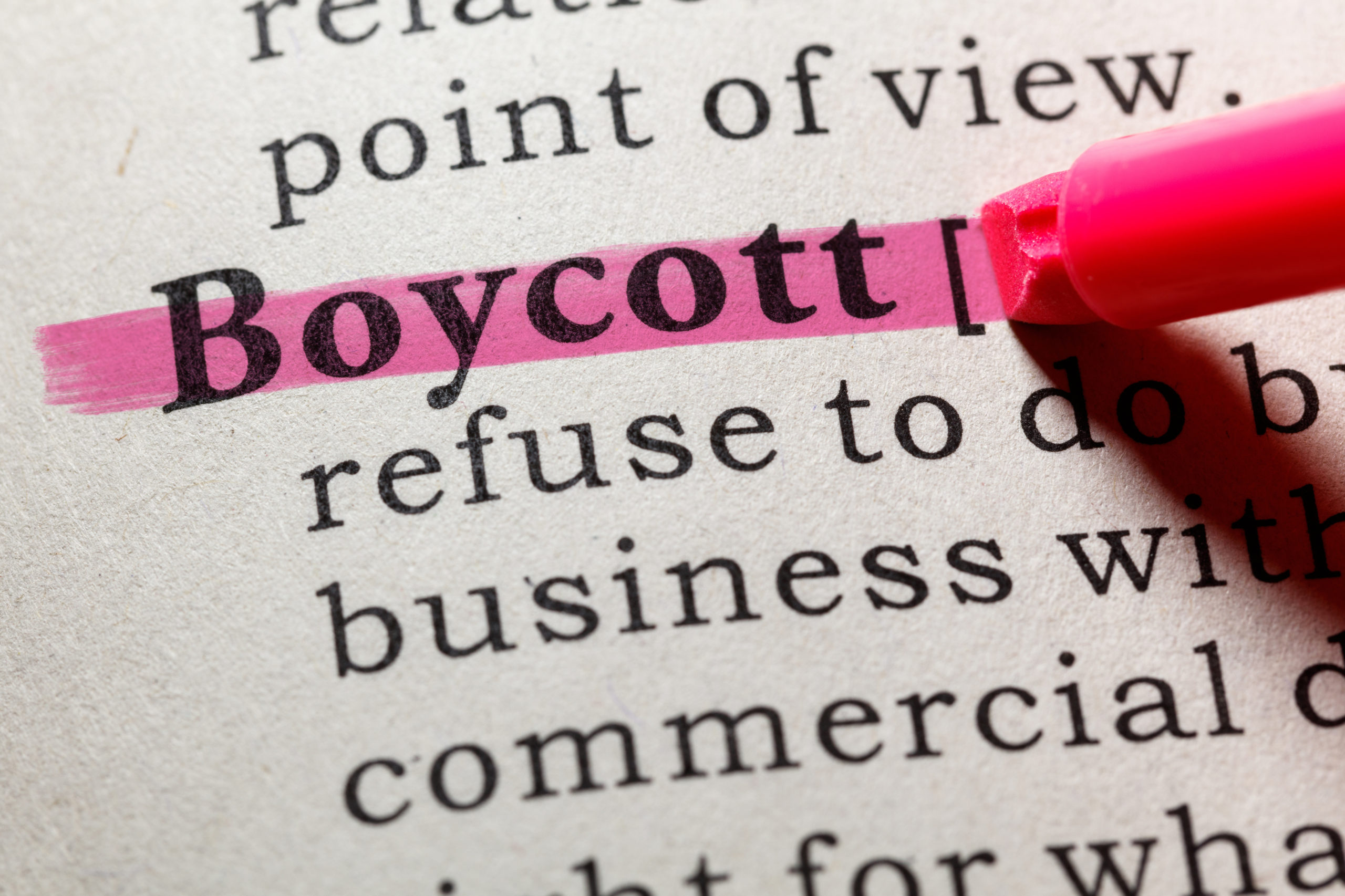The Boycott Dilemma: How To Respond When States Pass Discriminatory Laws
Key Takeaways:
- Define your organization’s values so you know when proposed laws or actions clash with those values.
- Be transparent with your attendees, sponsors, and other constituencies when you become aware of potential issues.
- Moving a conference in response to a boycott may not be possible financially, but there are other ways to respond.
- Develop different scenarios so you’re ready to act.
The Major League Baseball All-Star Game took place July 13, at Coors Field in Denver—but that wasn’t always the plan. The league moved the event from Atlanta in April following backlash to new voting restrictions proposed by Republican state lawmakers in Georgia.
Sports and entertainment events often are at the forefront of boycotts because of the visibility of their events. But the spotlight can also fall onto businesses or associations. Major conferences have also voluntarily moved or felt pressure to adhere to a boycott over issues happening in host cities or states.
New, restrictive voting laws have been proposed in nearly every state with varying degrees of success, but the issue and others point to an environment where tools including boycotts are going to be used to try to effect social change—and planners have to be ready.
Many places where such laws have a better chance of success are in warm-weather locations that are popular destinations for events, noted Michael Gordon, principal at Group Gordon Communications and former spokesperson for U.S. Attorney General Janet Reno.
Planners should ask themselves, who is their audience and what is important to them, he said, and plan responses based on their needs. “Thinking through different scenarios is important because if you are seen as quiet, it’s no longer the safe strategy,” Gordon said.
Jack Johnson, Chief Advocacy Officer at Destinations International, said his organization opposes boycotts and that its research has shown that boycotts don’t seem to hurt their intended targets. “Find other ways other than boycotting to effect change,” he advised. “We advise against pulling out, but there are multiple ways to empower people.”
A vital step for any organization is to adopt a set of values ahead of time so you’re not reactive. It becomes clear when a proposed law goes against those values.
If that’s the case, Johnson suggested alternatives such as reassuring attendees they will be safe in the host city. For example, letting transgender attendees know a venue wouldn’t enforce so-called “bathroom bills” that restricted them to their gender at birth. Another option would be to host a session on the boycott itself. Whatever the direction, he said planners should always be transparent with attendees, sponsors, and other constituencies when you become aware of potential issues.
The effectiveness of boycotts is an unsettled question, pointed out Michael Skolnick, founding partner, The Soze Agency. He noted the success of the Montgomery Bus Boycott in the 1950s protesting racial segregation and the travel bans that the U.S. government uses to restrict travel to Cuba, Iran, and North Korea. But he also noted that voting rights activist and former Democratic Georgia gubernatorial candidate Stacey Abrams asked that people not boycott Georgia.
Skolnick said event planners have the power to support marginalized communities through their purchasing power. When possible, his agency uses suppliers that are owned by veterans, women, minorities, or immigrants. “As companies of conveners and producers, I think we can’t be quiet,” he said. “We have just as much responsibility to take a position.”
If it’s not possible from a logistical or financial standpoint to relocate an event, Gordon said planners can communicate reassurances about future events.
“Be proactive about the future,” Gordon suggested. “Maybe this year you can’t afford to move your event, but you express sympathy with the cause and take corresponding action.” That could mean promising to hold future events in host cities and states that align with the organization’s values.
Getting ready for the return of larger in-person events? Ensure all on-site staff are prepared to create a safe environment for all. Registration now open for our three-hour micro course, Pandemic On-Site Protocol Training.


